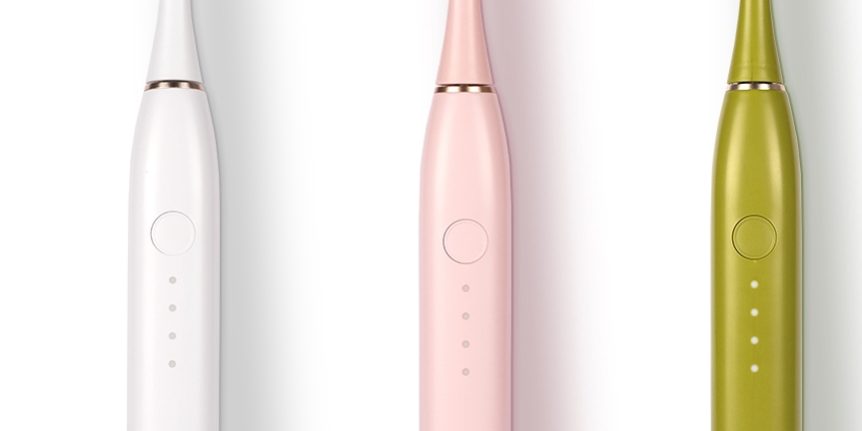Introduction: The age-old debate between electric toothbrushes and manual toothbrushes has persisted as advancements in oral care technology continue. In this article, we delve into the scientific comparisons between these two options to help you make an informed decision about your dental hygiene routine.
- Plaque Removal Efficiency: Numerous studies indicate that electric toothbrushes tend to be more effective at removing plaque compared to manual toothbrushes. The advanced movements and bristle designs of electric toothbrushes provide a more thorough clean.
- Brushing Technique: Electric toothbrushes can alleviate the variability in brushing technique commonly seen with manual toothbrushes. The consistent motion of electric brushes ensures a uniform clean across all tooth surfaces.
- Gum Health: Proper brushing technique is crucial for maintaining gum health. Electric toothbrushes with pressure sensors prevent excessive force, which can lead to gum recession. This contributes to better overall gum health compared to manual brushes.
- Time and Consistency: Electric toothbrushes often include timers to ensure the recommended two-minute brushing time is met. Consistency in duration and technique is critical for maintaining oral health, which electric brushes help facilitate.
- Individual Needs: Manual toothbrushes can be effective when used correctly. They may be preferable for individuals with specific dental needs or sensitivities, as the manual approach allows for more control over pressure and motion.
Conclusion: While both electric and manual toothbrushes have their merits, the scientific evidence leans in favor of electric toothbrushes due to their plaque removal efficiency, consistent technique, and potential for improved gum health.







